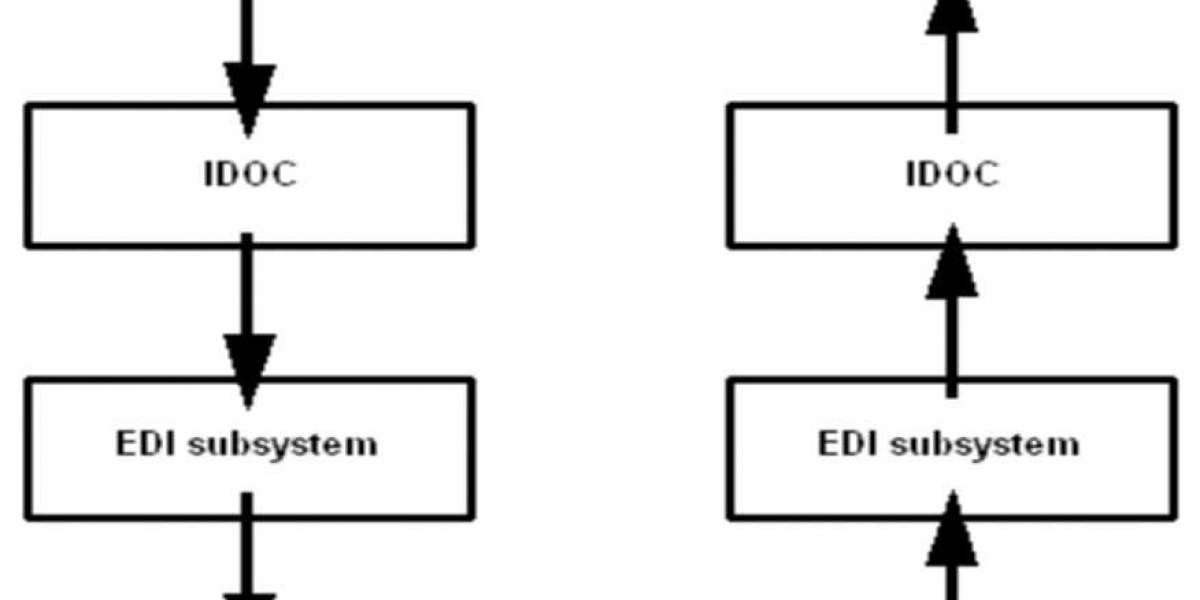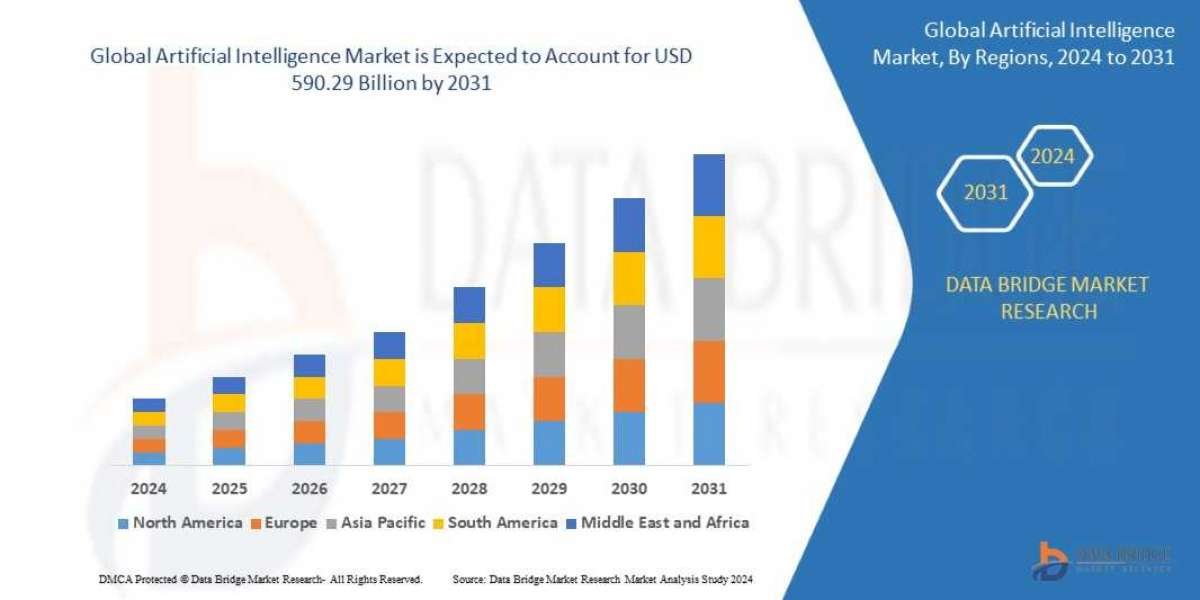Read More @ https://bit.ly/3JFE6hT
Imagine exchanging invoices, purchase orders, and other vital business documents with your trading partners electronically, eliminating manual processes and errors. That’s the power of EDI, a standardized method for exchanging structured data between different computer systems, regardless of their software or hardware. In the SAP universe, EDI enables smooth communication with external partners, facilitating efficient collaboration and streamlined transactions.
What is difference between EDI and ALE ?
ALE: Decentralizing Power, Connecting Systems
While EDI focuses on external communication, ALE (Application Link Enabling) empowers you to decentralize data and processes within your SAP landscape. Think of it as the glue that seamlessly connects multiple SAP systems, enabling distributed business processes and eliminating the need for a central database. This fosters adaptability, scalability, and real-time data exchange across your SAP environment.
IDocs: The Versatile Messengers of Data
Now, how does the data actually travel between systems in EDI and ALE? Enter IDocs (Intermediate Documents). These standardized data containers act as the messengers, encapsulating specific information based on pre-defined formats. Think of them as envelopes carrying data from one system to another, ensuring consistent interpretation and processing regardless of the sender or receiver.
IDoc in SAP MM (Material Management)
The Symphony in Action: How EDI, ALE, and IDocs Work Together
Let’s see how these technologies orchestrate seamless data exchange:
- Data Preparation: Your application creates an IDoc with relevant data based on a specific message type (e.g., sales order, invoice).
- Outbound Processing: The originating system prepares the IDoc for transmission, converting it to an EDI format if necessary for external communication.
- Transmission: IDocs travel through secure communication channels, leveraging Remote Function Call (RFC) for synchronous communication or ALE middleware for asynchronous communication.
- Inbound Processing: Upon reaching the receiving system, the IDoc is parsed, validated, and converted back to its native format.
- Posting: Extracted data from the IDoc is integrated into the target system’s database, updating relevant records or creating new ones.
The Benefits of Leveraging EDI, ALE, and IDocs:
- Seamless Data Exchange: Facilitates smooth data flow between diverse systems, fostering data consistency and streamlining business processes.
- Decentralized Architecture: Enables distributed business processes without requiring a central database, enhancing scalability and flexibility.
- Error Handling and Monitoring: Robust error handling mechanisms ensure data integrity and provide visibility into integration processes.
- Security: Secure communication protocols protect sensitive data during transmission, safeguarding business information.
- Scalability and Flexibility: Adapts to varying data volumes and integration needs, supporting agile business evolution.
Common Use Cases for EDI, ALE, and IDocs in SAP:
- Master Data Synchronization: Maintains consistency of customer, product, and other master data across SAP systems.
- Document Exchange: Enables electronic exchange of invoices, purchase orders, and other business documents with trading partners.
- Plant Maintenance Integration: Coordinates maintenance activities and data exchange between plant maintenance systems and SAP.
- Sales and Distribution Integration: Streamlines order processing, delivery, and invoicing by connecting sales and distribution applications to SAP.
- Financial Accounting Integration: Integrates financial data from external systems into SAP’s financial accounting module.
Going Beyond the Basics: Advanced Concepts and Best Practices
As your integration needs evolve, delve deeper into these advanced concepts:
- Port Types and Message Types: Port types define communication channels, while message types specify the structure and content of data within IDocs.
- Distribution Models: Control how IDocs are routed to specific receivers based on business rules and filtering criteria.
- ALE Interfaces: Custom-developed interfaces tailor ALE integration to specific business requirements.
- ALE Monitoring and Troubleshooting: Diagnostic tools facilitate monitoring IDoc status, identifying errors, and troubleshooting issues.
Best Practices for Successful Implementation:
- Thorough Planning and Design: Clearly define integration requirements, message types, and error handling strategies.
- Testing and Validation: Conduct rigorous testing to ensure data accuracy, error-free processing, and system compatibility.
- Performance Optimization: Monitor performance metrics and implement optimizations to address bottlenecks.
- Security Considerations: Enforce robust security measures to protect sensitive data during transmission and storage.
- Ongoing Monitoring and Maintenance: Regularly monitor integration processes, address errors promptly, and adapt to evolving.
The Future of Data Exchange: Embracing Innovation
The world of data exchange is constantly evolving, and EDI, ALE, and IDocs are adapting to remain relevant. Here are key trends shaping the future:
- Cloud-Based Integration: Leveraging cloud integration platforms for broader connectivity and faster deployment options.
- API Integration: Utilizing APIs for more flexible and agile integration scenarios, potentially replacing some traditional IDoc use cases.
- Microservices Architecture: Decoupling large applications into smaller, independent services for enhanced scalability and easier integration.
- Real-Time Integration: Exploring real-time messaging technologies for faster data exchange and immediate response to events.
Conclusion: Mastering the Art of Data Exchange
By understanding the interplay of EDI, ALE, and IDocs, you can unlock the power of seamless data exchange within your SAP landscape. Embrace best practices, explore advanced concepts, and stay informed about emerging trends to ensure your integration solutions remain adaptable and future-proof. Remember, efficient data exchange is not just about technology; it’s about streamlining your business processes, fostering collaboration, and ultimately achieving your strategic goals.
Browse More Trending Blogs @
https://pressnews.biz/publish.php?id=662b961ed65bf666610c7304
https://zenwriting.net/c0u3cqi51f
https://connect.rhabits.io/posts/291045
https://pastelink.net/ckabzjq1
https://lyfepal.com/posts/281277
https://quicknote.io/7ce8f550-03c4-11ef-b409-d3e7ccdcfea1
https://bloggalot.com/education/sm37-tcode-in-sap#google_vignette
https://articlescad.com/mastering-background-jobs-in-sap-a-guide-to-sm37-tcode-in-sap-85835.html
https://hubpages.com/education/mastering-background-jobs-in-sap-a-guide-to-sm37-tcode-in-sap
About SoftAt PVT. LTD. :
We are a new generation IT company, focused on enterprise software implementation Support Services.To accomplish the sustainable growth of a business, the essential factor is the industry-specific solutions that adapt to the system and its necessity. For this, SoftAt is the best place to get the Righteous solution for your business.With nearly two decades of 15 years of experience in SAP Implementation, SAP up-gradation, and SAP migration, we at SoftAt work to empower businesses with our SAP Oracle solutions.
Contact Us: -
SoftAt Private Limited
No. A01 Second Floor Upon Bank of Baroda Kharadi,
Kharadi-Hadapsar Road, Infront of HP Petrol Pump,
Thite Vasti, Kharadi,
Pune, Maharashtra-411014
India: +91-7796611155
Email: – contactus@softat.co.in














